Self-Driving Cars: The Good, the Bad & the Ugly
Virtual: https://events.vtools.ieee.org/m/417905Self-driving cars have been a dream from almost the time the automobile was invented. With the rise of artificial intelligence (AI), this dream has seemingly become reality with driverless commercial operations already taking place in a handful of cities around the world. However, the recent tragic accident involving a pedestrian and a Cruise self-driving car, as well as a number of high-profile Tesla crashes, raise the possibility that such systems may not actually be as capable as envisioned, and questions have arisen about their safety both nationally and internationally. Given these concerns, it is important to step back and analyze both the actual safety records of these vehicles and just why AI is struggling to operate safely under all conditions in autonomous vehicles. This lecture will highlight the strengths and weaknesses of AI in self-driving cars, as well as in all safety-critical applications, and lay out a roadmap for safe integration of these technologies on public roadways. Virtual: https://events.vtools.ieee.org/m/417905
Berkshire Consultants Network Meeting
Virtual: https://events.vtools.ieee.org/m/418767Berkshire Consultants Network Presents: The latest enabling technologies for electronic warfare (EW) Co-sponsored by: Berkshire Section Speaker(s): Denis Smetana, Sr. Product Manager, Processor Products at Curtiss-Wright Defense Solutions, Victor Vanderberg, Director of multi-domain electronic warfare (EW) | SRC Inc. , Dan Megan, Director Security Solutions-East, Star Lab Agenda: Military & Aerospace Electronics will present a webinar panel discussion on the latest enabling technologies for electronic warfare (EW). The panel discussion will consist of a prime EW systems integrator on the most important EW technologies needed from suppliers; a high-performance embedded computing expert from the Curtiss-Wright Corp. Defense Solutions Division on the latest embedded computing technologies for EW, and a trusted computing expert from Star Labs Software on some of the latest cyber security innovations for EW. Highlights will include EW enabling technologies that prime EW systems integrated need most from their suppliers; high-performance embedded computing technologies for EW, and cyber warfare and cyber security technologies for EW. Also included will be a short discussion on the future potential of quantum computing and quantum communications technologies that could influence EW systems design. Virtual: https://events.vtools.ieee.org/m/418767
IEEE SSIT Lecture: Self-Driving Cars: The Good, the Bad & the Ugly
Virtual: https://events.vtools.ieee.org/m/406173Prof Mary (Missy) Cummings (Director of the Mason Autonomy and Robotics Center (MARC) at George Mason University, USA) will present "Self-Driving Cars: The Good, the Bad & the Ugly" at 6pm (UTC+1) / 1pm EDT on 30 April '24. Click (https://www.timeanddate.com/worldclock/fixedtime.html?msg=IEEE+SSIT+Lecture%3A+Self-Driving+Cars%3A+The+Good%2C+the+Bad+%26+the+Ugly&iso=20240430T18&p1=78&ah=1) (https://www.ieee-ukandireland.org/chapters/society-on-social-implications-of-technology/) and SSIT IST-Africa SIGHT are cooperating with a number of IEEE OUs including: New Jersey Coast Section SIGHT; New Jersey Coast IM/Computer Joint Chapter; IEEE Region 1; IEEE Region 2; Vancouver Section Jt. Chapter,TEM14/PC26/E25/SIT30; North Jersey Section SSIT Chapter; Susquehanna Section Computer Chapter; Southeast Michigan Section Vehicular Technology Chapter; Phoenix Section Computer Chapter; Vancouver Section Jt Transportation Chapter, (https://www.ieee-ukandireland.org/chapters/computational-intelligence/); (https://www.ieee-ukandireland.org/chapters/computer-society/), (https://www.ieee-ukandireland.org/chapters/vehicular-technology/) (https://www.ieee-ukandireland.org/chapters/oceanic-engineering-chapter/), Chicago Section Computer Society Chapter and Vehicular Technology Chapter to organise this SSIT Lecture as a joint Webinar on 30 April '24. Registration IEEE and SSIT Members as well as non-IEEE Members are invited to (https://events.vtools.ieee.org/m/406173) and participate. IEEE Members should include their IEEE Membership Number when registering. Access to online Meeting (https://events.vtools.ieee.org/m/406173) will be provided with the link prior to the event. Guest Lecture Focus Self-driving cars have been a dream from almost the time the automobile was invented. With the rise of artificial intelligence (AI), this dream has seemingly become reality with driverless commercial operations already taking place in a handful of cities around the world. However, the recent tragic accident involving a pedestrian and a Cruise self-driving car, as well as a number of high-profile Tesla crashes, raise the possibility that such systems may not actually be as capable as envisioned, and questions have arisen about their safety both nationally and internationally. Given these concerns, it is important to step back and analyze both the actual safety records of these vehicles and just why AI is struggling to operate safely under all conditions in autonomous vehicles. This lecture will highlight the strengths and weaknesses of AI in self-driving cars, as well as in all safety-critical applications, and lay out a roadmap for safe integration of these technologies on public roadways. Speaker(s): Prof Missy Cummings, Agenda: 18:00 (UTC+1) Welcome and Introduction to Guest Speaker 18:05 Lecture 18:45 Questions and Discussions Virtual: https://events.vtools.ieee.org/m/406173
Machine Learning Hardware Design for Efficiency, Flexibility and Scalability
Virtual: https://events.vtools.ieee.org/m/408028Machine learning (ML) is the driving application of the next-generation computational hardware. How to design ML hardware to achieve a high performance, efficiency, and flexibility to support fast growing ML workloads is a key challenge. Besides dataflow-optimized systolic arrays and single instruction, multiple data (SIMD) engines, efficient ML accelerators have been designed to take advantage of static and dynamic data sparsity. To accommodate the fast-evolving ML workloads, matrix engines can be integrated with an FPGA to provide the efficiency of kernel computation and the flexibility of control. To support the increasing ML model complexity, modular chiplets can be tiled on a 2.5D interposer and stacked in a 3D package. We envision that a combination of these techniques will be required to address the needs of future ML applications. Speaker(s): Dr Zhengya Zhang, ***CANCELED*** Agenda: 6:00 PM - 7:00 PM EST : Talk 7:00 PM - 7:30 PM EST : Q/A Virtual: https://events.vtools.ieee.org/m/408028


